10 Best Herbal Lotions For Lice
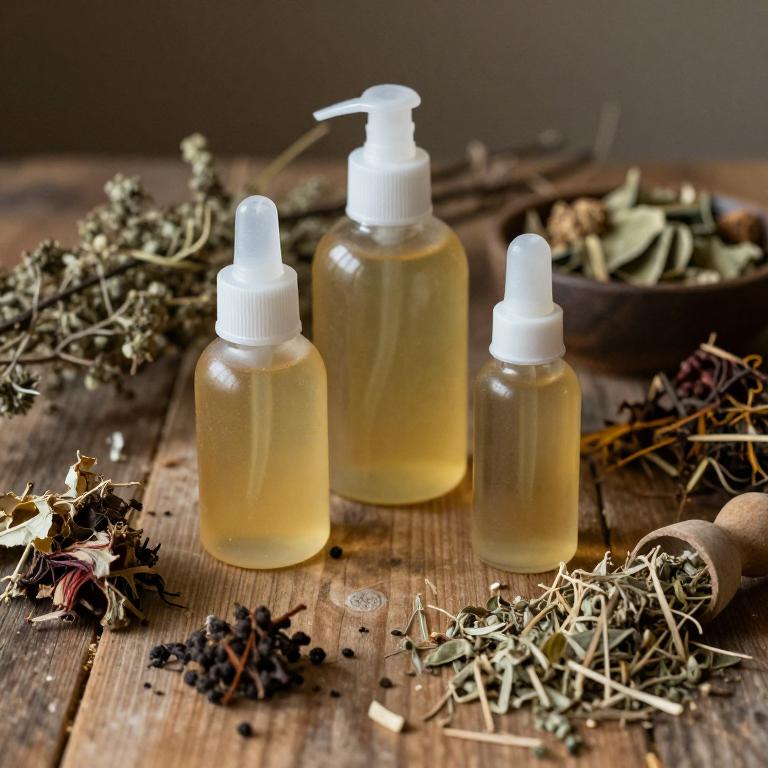
Herbal lotions for lice are natural remedies that utilize plant-based ingredients to help eliminate head lice from the scalp.
These lotions often contain essential oils such as tea tree oil, neem oil, and lavender oil, which are known for their insect-repelling and antiparasitic properties. Unlike chemical treatments, herbal lotions are generally considered safer for children and less likely to cause scalp irritation. They may require more frequent application and longer treatment periods compared to conventional lice treatments.
While they can be effective in reducing lice infestations, they are often used as a complementary approach alongside other lice removal methods.
Table of Contents
- 1. Ceylon cinnamon (Cinnamomum zeylanicum)
- 2. Melaleuca (Melaleuca alternifolia)
- 3. Lemon grass (Cymbopogon citratus)
- 4. Eucalyptus (Eucalyptus globulus)
- 5. English lavender (Lavandula angustifolia)
- 6. Polium germander (Teucrium polium)
- 7. Rosemary (Rosmarinus officinalis)
- 8. White cedar (Thuja occidentalis)
- 9. Anise (Pimpinella anisum)
- 10. Black pepper (Piper nigrum)
1. Ceylon cinnamon (Cinnamomum zeylanicum)

Cinnamomum zeylanicum, commonly known as cinnamon, has been traditionally used in herbal formulations for its potent antifungal and antimicrobial properties.
When incorporated into herbal lotions, cinnamon can help combat lice by disrupting their exoskeletons and inhibiting their ability to attach to hair shafts. These lotions are often made by infusing cinnamon bark in a carrier oil or alcohol, creating a natural and effective treatment option. The aromatic compounds in cinnamon also have a soothing effect, making the application experience more pleasant.
While cinnamon-based lotions may not eliminate lice entirely on their own, they can be a valuable complementary remedy when used alongside other lice treatments.
2. Melaleuca (Melaleuca alternifolia)
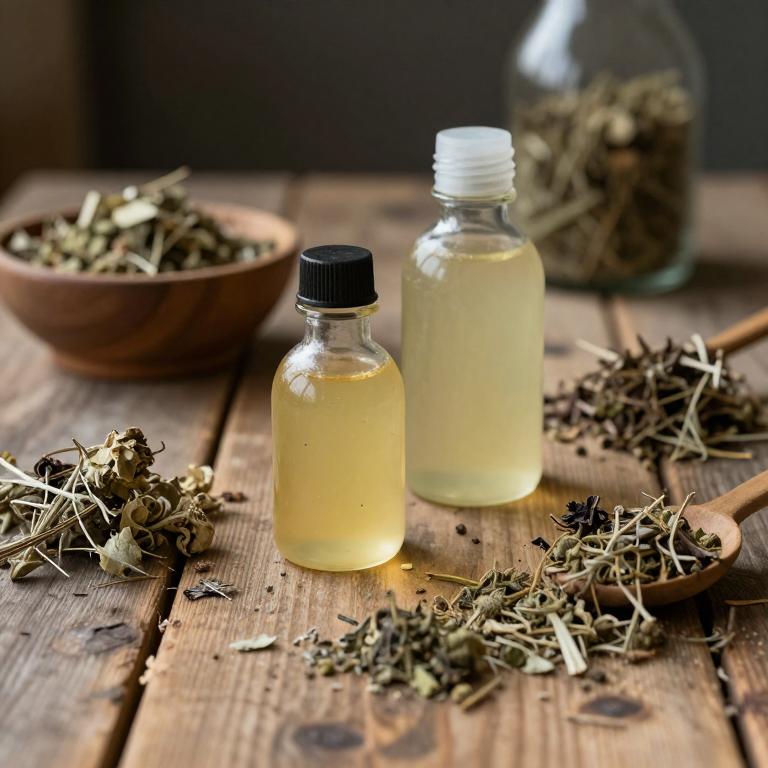
Melaleuca alternifolia, commonly known as tea tree oil, is a natural ingredient often used in herbal lotions for lice due to its potent antimicrobial and antiparasitic properties.
These lotions typically combine tea tree oil with other essential oils and moisturizing agents to create an effective and gentle treatment for head lice. The active compounds in tea tree oil help to disrupt the exoskeleton of lice, making it difficult for them to survive and reproduce. While these herbal lotions may not completely eliminate lice on their own, they can be a useful complementary treatment when used alongside combing and other standard lice removal methods.
However, it is important to consult a healthcare professional before using any herbal remedies, especially for children or individuals with sensitive skin.
3. Lemon grass (Cymbopogon citratus)
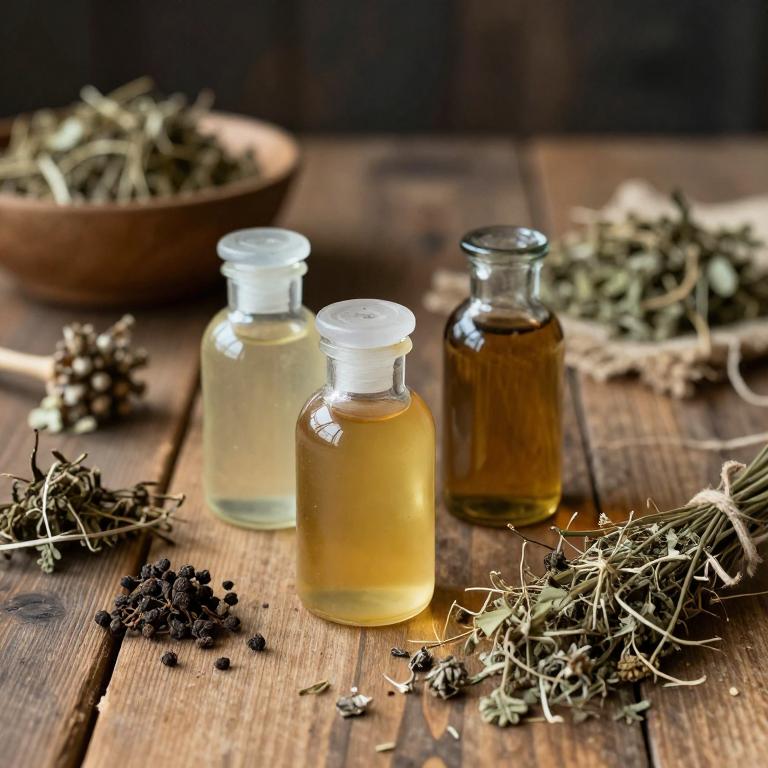
Cymbopogon citratus, commonly known as lemon grass, is a natural herb that has been traditionally used for its aromatic and medicinal properties.
Herbal lotions containing Cymbopogon citratus are increasingly being explored as a safe and effective alternative for treating head lice due to their insecticidal and repellent qualities. The essential oils extracted from lemon grass contain compounds such as citral and geraniol, which are known to disrupt the nervous systems of lice and inhibit their reproduction. These lotions can be applied directly to the scalp, offering a non-toxic and environmentally friendly option for lice infestation management.
While more research is needed, preliminary studies suggest that Cymbopogon citratus-based treatments may provide a promising complementary approach to conventional lice treatments.
4. Eucalyptus (Eucalyptus globulus)
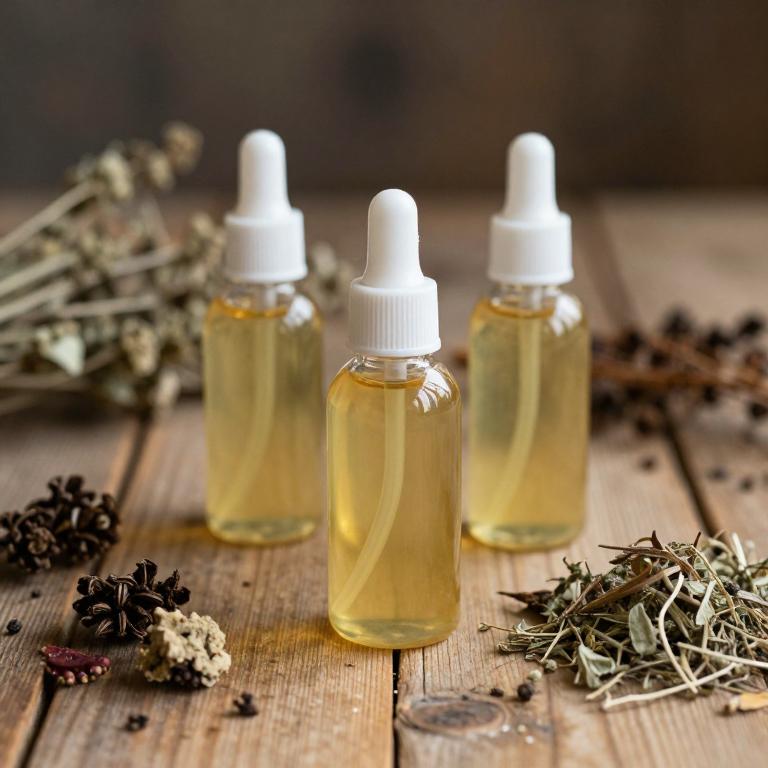
Eucalyptus globulus, commonly known as the Australian blue gum tree, is widely used in herbal lotions for lice due to its potent essential oils that possess natural insecticidal properties.
These lotions typically contain eucalyptus oil, which has been shown to repel and eliminate head lice through its strong aromatic compounds and antiparasitic effects. The use of eucalyptus globulus herbal lotions is a popular alternative to chemical-based treatments, as they are generally considered safer and less toxic for children and adults. However, while these lotions may offer some level of protection, they are often not as effective as medicated shampoos and may require frequent reapplication.
As a result, they are best used as a complementary treatment alongside other proven lice removal methods.
5. English lavender (Lavandula angustifolia)
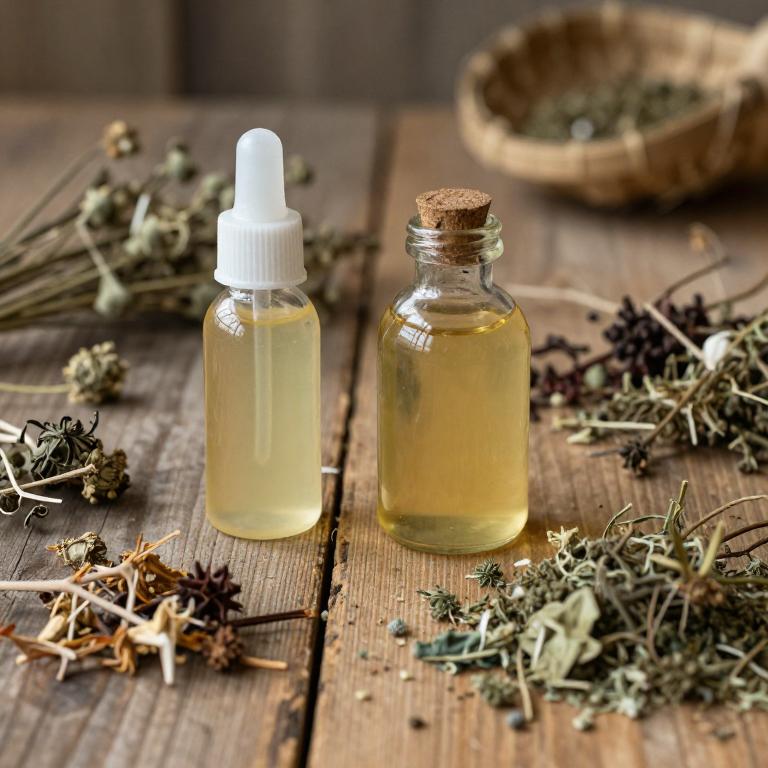
Lavandula angustifolia, commonly known as English lavender, is often incorporated into herbal lotions for its natural insect-repelling properties.
These lotions are typically infused with lavender oil, which contains compounds like linalool and linalyl acetate that may help repel lice due to their strong aromatic profile. While lavender lotions are not a guaranteed solution for lice infestations, they may help reduce the risk of infestation by discouraging lice from settling on the scalp. Some studies suggest that lavender essential oil can weaken lice by disrupting their nervous system, though more research is needed to confirm its efficacy.
As a complementary treatment, lavender-based lotions can be used alongside standard lice treatments for a more holistic approach to managing infestations.
6. Polium germander (Teucrium polium)

Teucrium polium, commonly known as the "summer savory" plant, has been traditionally used in herbal medicine for its potential antiparasitic properties.
Herbal lotions made from Teucrium polium are being explored as natural alternatives for treating head lice due to their reported ability to repel and eliminate lice through essential oils and bioactive compounds. These lotions may offer a safer, less toxic option compared to conventional chemical treatments, which often contain pesticides that can be harmful to the scalp and environment. The effectiveness of Teucrium polium lotions is still under scientific investigation, with some preliminary studies suggesting promising results in reducing lice infestations.
As more research is conducted, these herbal remedies may become a viable addition to the arsenal of lice treatments, especially for those seeking natural solutions.
7. Rosemary (Rosmarinus officinalis)
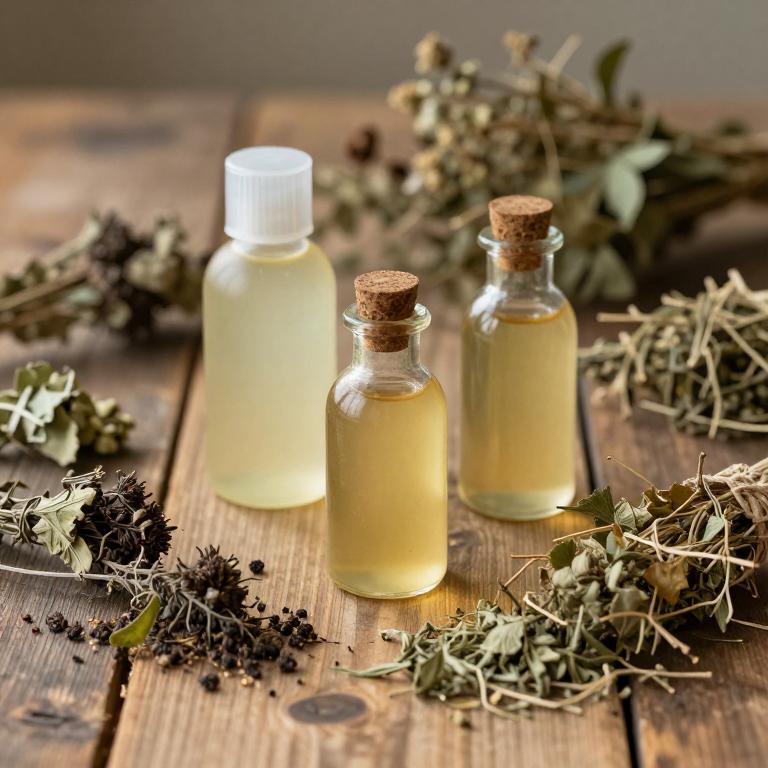
Rosmarinus officinalis, commonly known as rosemary, is a herbal plant that has been traditionally used for its aromatic and therapeutic properties.
Rosemary herbal lotions are formulated to provide a natural remedy for lice infestation by leveraging the plant's essential oils, which have insecticidal and antiparasitic effects. These lotions work by creating an environment that is hostile to lice, either by repelling them or by disrupting their life cycle. The use of rosemary-based products is often preferred by individuals seeking alternative treatments that are gentle on the scalp and free from harsh chemicals.
However, while these lotions may offer some effectiveness, they are typically used as a complementary treatment alongside other proven methods for lice removal.
8. White cedar (Thuja occidentalis)
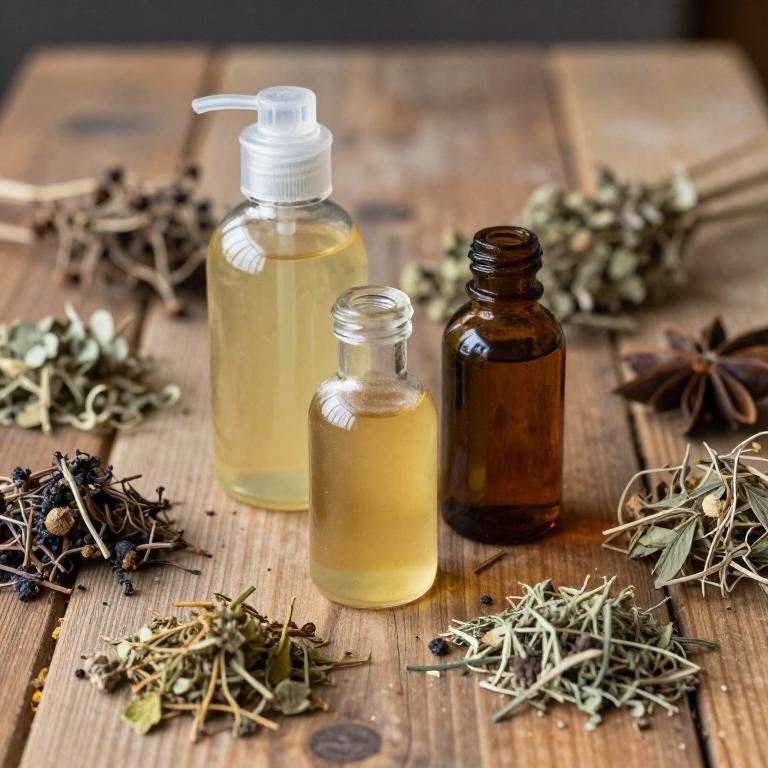
Thuja occidentalis, also known as arborvitae, is a traditional herbal remedy that has been used for its potential antiparasitic properties.
Some herbal lotions containing thuja occidentalis are marketed as natural alternatives for treating lice, particularly head lice in children. These lotions are believed to work by disrupting the life cycle of lice and preventing their reproduction. However, it is important to note that scientific evidence supporting their effectiveness against lice is limited, and results may vary.
As with any herbal treatment, it is advisable to consult a healthcare professional before use, especially for children or individuals with sensitive skin.
9. Anise (Pimpinella anisum)
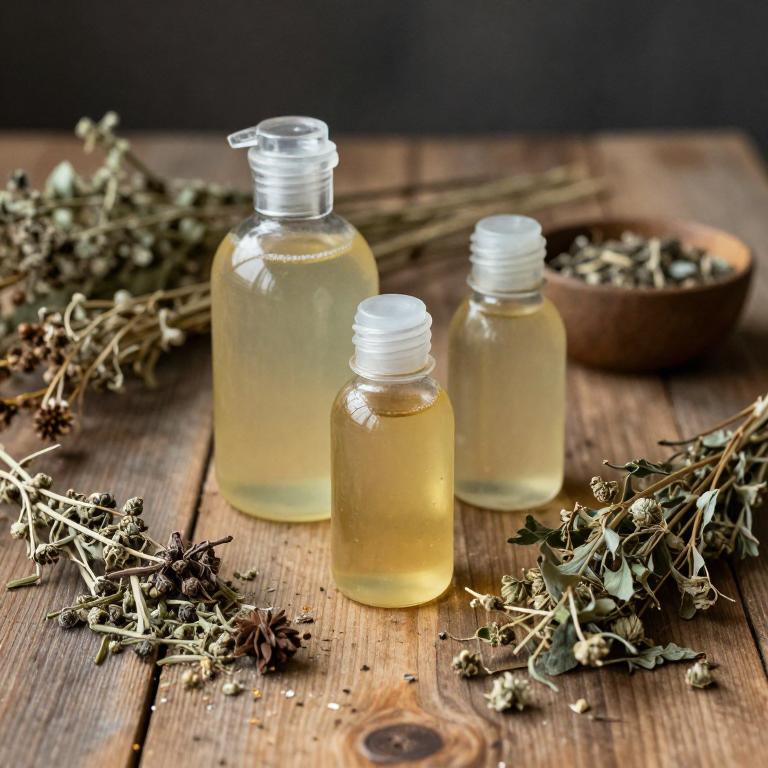
Pimpinella anisum, commonly known as anise, has been traditionally used in herbal remedies for its potential efficacy against lice.
Herbal lotions containing anise extract are believed to act as a natural insect repellent, helping to repel and eliminate head lice due to their strong aromatic compounds. These lotions are often favored as a safer alternative to chemical-based treatments, which may have harsh side effects on the scalp and hair. The essential oils derived from anise seeds are thought to disrupt the lice's nervous system, leading to their paralysis and eventual death.
While anecdotal evidence supports the use of anise-based lotions, further scientific research is needed to confirm their effectiveness and safety for long-term use.
10. Black pepper (Piper nigrum)
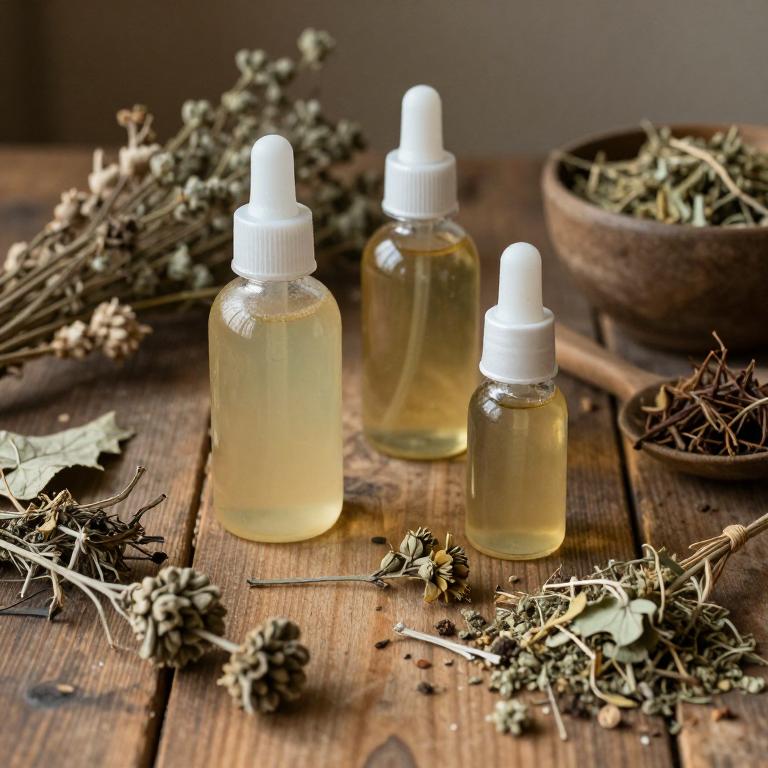
Piper nigrum, commonly known as black pepper, has been traditionally used in herbal remedies for its potential insect-repelling properties.
Some herbal lotions containing black pepper extract are marketed as natural solutions for treating lice infestations, claiming to either repel or kill lice through its active compounds like piperine. These lotions are often used as an alternative to chemical-based treatments, appealing to those seeking safer, natural options. However, scientific evidence supporting their efficacy against lice is limited, and results may vary.
It is advisable to consult a healthcare professional before using any herbal remedy for lice to ensure safety and effectiveness.